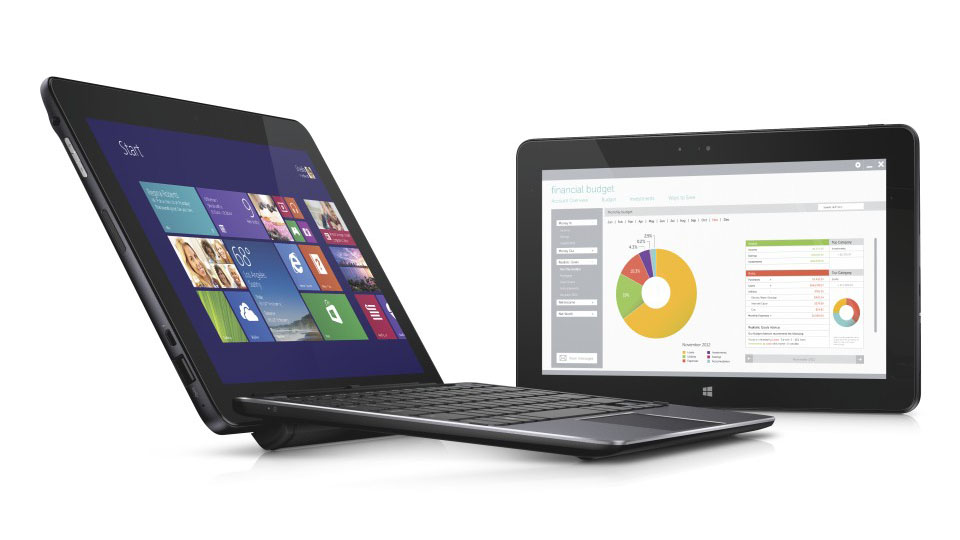How flexible working has come of age
The key developments that make flexible working work

Flexible working is a very big deal. According to a 2012 survey by the Chartered Institute of Personnel and Development, 96% of employers offer some form of flexible working.
More than half of large employers allowed employees to work from home on a regular basis, and a further 35% of organisations offered mobile working.
Those numbers can only increase: from 2014 the UK government will give every employee the right to request flexible working arrangements.
The increase in flexible working isn't being driven by legislation, however. It's being driven by technology.
The power to perform
Flexible working means different things to different people. For some it means flexi-time, for others home-working, and for still others it might mean a mix of everything: working from home, working on the move and working from multiple business premises. The specifics differ from person to person and from firm to firm, but in the majority of cases such working wouldn't be possible without some key technological developments.
The first one is mobility. Today's ultra-mobile Ultrabooks, mobile workstations and tablets are a long way from the shoulder-dislocating laptops you might remember from a decade ago. Processors in particular have advanced incredibly quickly, not just in terms of the power they provide but the power they consume.
Combine that with improvements in battery technology and operating systems and you end up with some amazing hardware: mobile workstations that deliver supercomputing power in a superbly portable chassis, and do-anything, go-anywhere laptops and tablets whose batteries last all day, not just in the advertising copy but in the real world too.
Connect 4(G)
The second development is just as important, and that's connectivity. Mobile and fixed line broadband are everywhere: in our homes and our offices, in train stations and airports, in cafes and restaurants and anywhere else we're likely to find ourselves during the working day.
Are you a pro? Subscribe to our newsletter
Sign up to the TechRadar Pro newsletter to get all the top news, opinion, features and guidance your business needs to succeed!
If we aren't near a Wi-Fi point we can usually get mobile broadband, and many recent phones can turn that into personal Wi-Fi hotspots for other devices. Coverage is pretty good these days, and as 4G rolls out mobile broadband is getting much, much faster too.
That connectivity isn't just convenient, although of course it's that too. Abundant broadband delivers the cloud, and that has enormous benefits for businesses.
To the cloud!
Cloud computing - doing the heavy lifting on dedicated servers and connecting to it from all kinds of devices - has been talked about for a long time, but it's taken a while for our connectivity to catch up. Now that it has and the internet is as abundant and as unremarkable as the air we breathe, it doesn't matter where we're connecting from: we can access crucial corporate systems and services from wherever we happen to be, and we can access them at decent speeds.
Taken together, that delivers a perfect combination: abundant broadband delivering cloud-based services to ultra-mobile devices, a combination that empowers flexible workers and directly benefits businesses' bottom lines.
Writer, broadcaster, musician and kitchen gadget obsessive Carrie Marshall has been writing about tech since 1998, contributing sage advice and odd opinions to all kinds of magazines and websites as well as writing more than a dozen books. Her memoir, Carrie Kills A Man, is on sale now and her next book, about pop music, is out in 2025. She is the singer in Glaswegian rock band Unquiet Mind.
